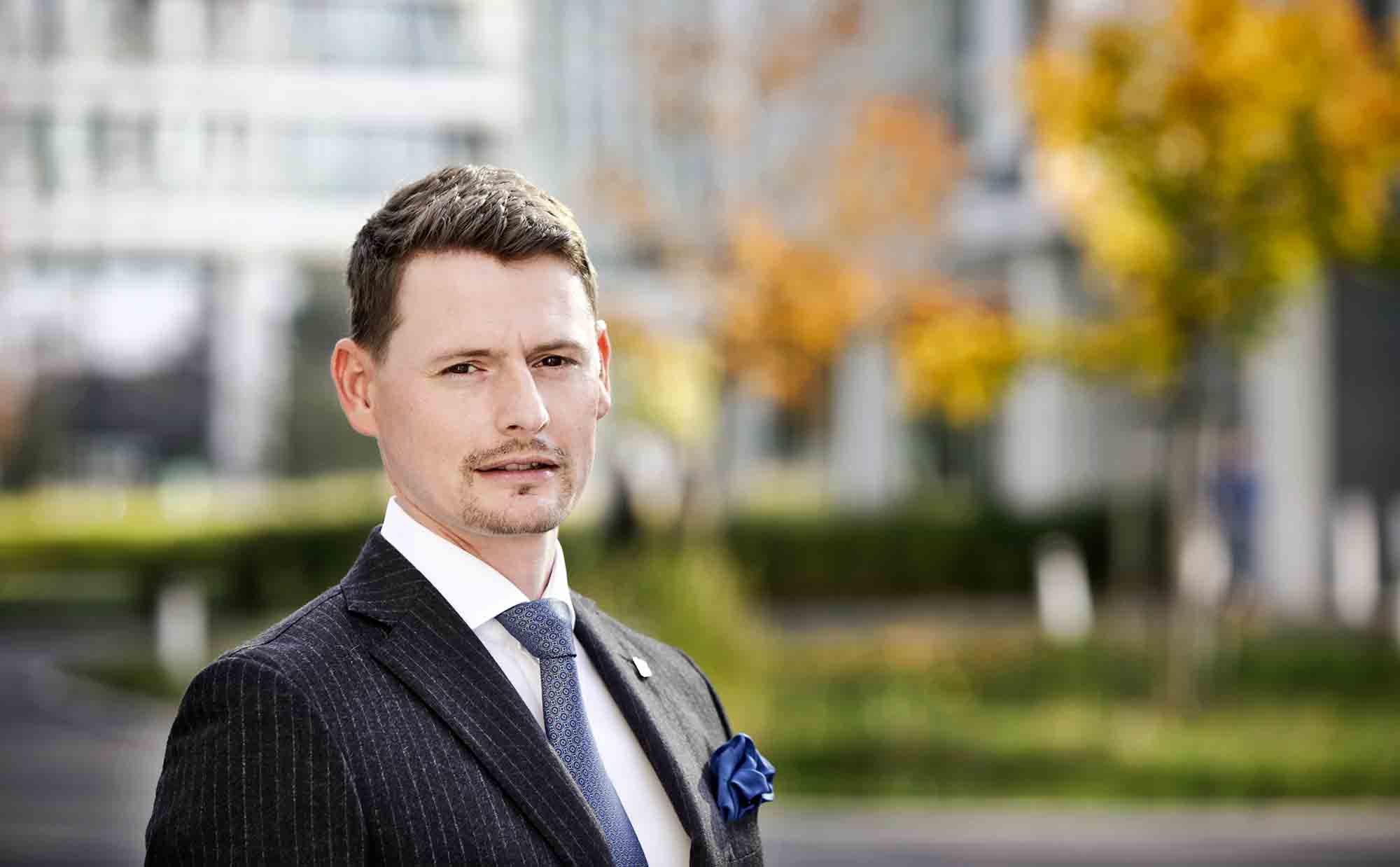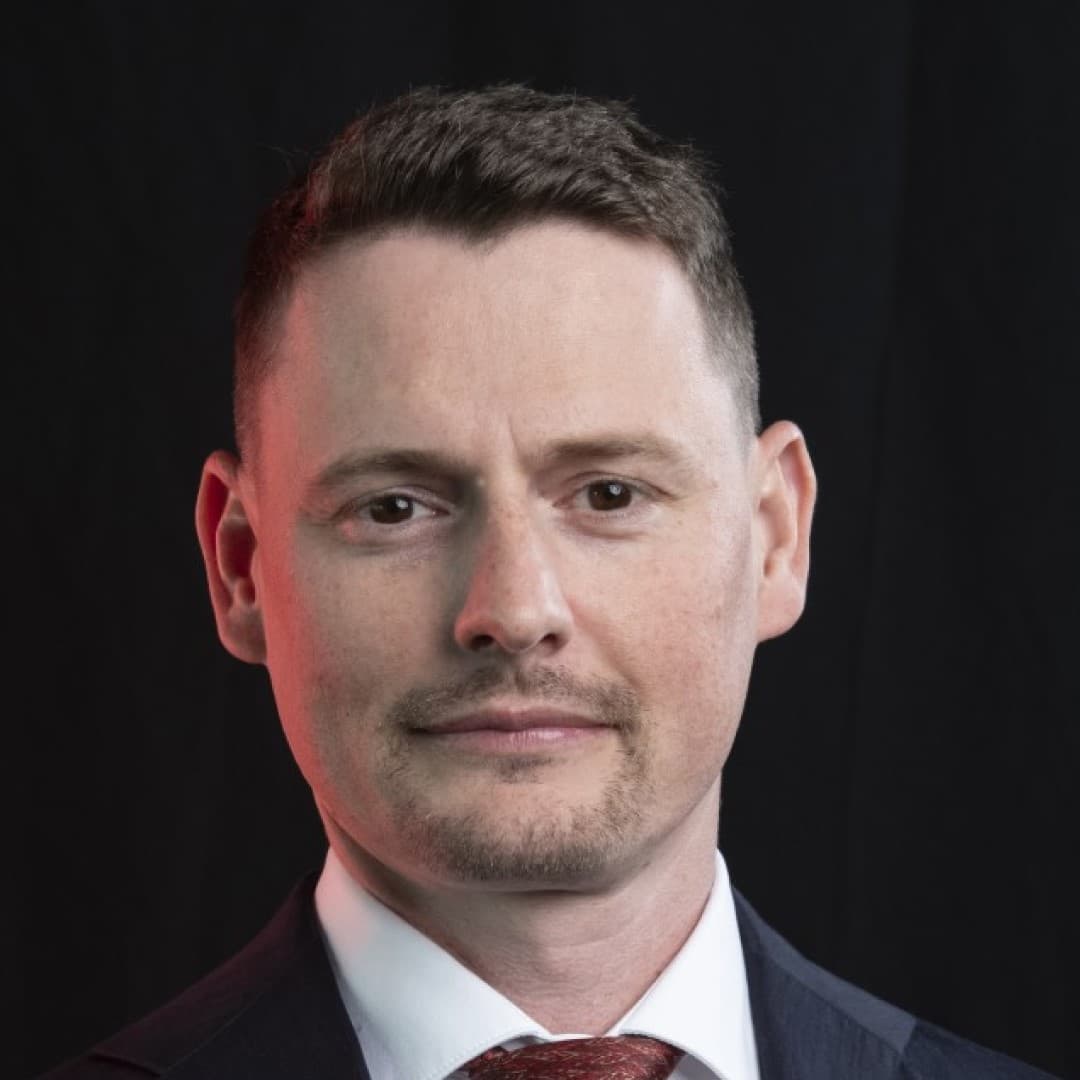Jakub Hollmann: Czech Rich People on the Way to the West: They Have Started Measuring Success by Their Level of Charity
04 \ 03 \ 2024

There are over 32,000 dollar millionaires in the Czech Republic, and their number continues to grow. Their ranks increased even during the period of record-high inflation and economic slowdown in recent years. Wealthy Czechs no longer focus solely on their businesses that generate income for them. They think about their descendants and are increasingly becoming patrons of culture and the arts. In doing so, they are moving Czech society into a new phase, closer to the more developed Western economies. "Asset protection is now a topic for anyone who owns assets," says Jakub Hollmann, partner at the law firm Portos (formerly Císař, Češka, Smutný).
How exactly does the increasing wealth of Czech society manifest itself in the interest of Czechs in patronage or the popularity of wealth management tools such as trusts?
Society is increasingly aware that if someone is successful in their profession and financially able, they want to share their success with a wider community by supporting the arts. Culture cultivates, and its support from private sources is growing significantly.
The example of trusts is relevant because founders who decide to organize their assets into a wealth structure usually think about their descendants but also act with social responsibility. Almost every trust we establish has a publicly beneficial component—whether in education, social areas, or culture. Success in the Czech business environment is finally linked with awareness of the need to support culture or those in need. Just look at charitable collections of any kind. For example, through a public fundraiser organized by the Bohemian Heritage Fund, we raised 70 million CZK for the St. Vitus organ in just one year. If a meaningful purpose is found, society is happy to support it.
Can we expect the interest of Czechs in wealth management services to continue to grow?
Undoubtedly. It used to be that when you run a business, you focus on growing your wealth and leave organizing it for later. This has been changing in recent years—asset protection is now a topic for anyone who owns assets. We must also realize that today’s generation of founders of Czech businesses is the first in a long time to have the opportunity, means, and freedom to make such decisions. Family wealth being passed down through generations deserves to be organized through trusts or foundations. Through such structures, founders ensure their assets fulfill a legacy aligned with their values.
About the Law Firm
On March 1st, the law firm Císař, Češka, Smutný changed its name to Portos and entered a new stage of its existence.
The firm was founded by lawyers Jaromír Císař, Zdeněk Češka, and Pavel Smutný in 1993. It was one of the first modern law firms on the Czech market. “We founded it with the goal of gradually building one of the most sought-after law firms, attracting even foreign clients,” says Smutný.
The original vision is being fulfilled. Portos represents significant Czech companies, such as ČEZ or Čepro and major banks. It helps clients establish wealth structures abroad.
The firm has expanded beyond pure legal services. In 2009, its partners founded the Bohemian Heritage Fund, and eight years later, CCS Premium Trust. “We learned to see things from our clients’ perspectives. That’s why we had to transform from a firm providing individual legal services into a company offering strategic legal advice and comprehensive service,” adds Smutný.
Your law firm has launched companies focused on wealth management and trusts in recent years, such as CCS Premium Trust and the Bohemian Heritage Fund, which closely links you to patronage and support of culture. What significance do these additional activities have for your clients?
Our activities continue to expand according to the needs we perceive from our clients. The topic of wealth structures like trusts was absent in Czech society for almost sixty years. Since 2014, they have returned, putting us on par with countries like the UK, France, Switzerland, or Liechtenstein in wealth management. This is a sign of great legislative maturity. The Bohemian Heritage Fund is our response to growing social engagement. We support significant cultural projects that would not exist without private funding.
Why did you decide to focus on these areas?
For 33 years, business in the Czech Republic has been free, a generational change is underway, and the issue of intergenerational transfer of business and wealth is very current. Many of our clients face the question of how much to sell their life’s work—their company—for. We offer an alternative—not to sell, but to pass it on to descendants through wealth structures. We provide solutions to avoid complicated family discussions about assets.
Not just your clients but your firm is going through generational change. Last year, Zdeněk Češka, one of the founding trio, passed away. Now, two new partners—yourself and Petr Michal—have been leading the firm for three years. How do you see these changes from the perspective of a lawyer experiencing what you usually advise your clients?
Naturally, the firm undergoes generational renewal and development. It is generationally permeable, which sends a positive message to our younger colleagues. The leadership shares values and visions about the firm’s future development. The firm is gradually building a broader decision-making body involved in its direction. It’s no longer based on the exclusive decision of three owners but on collective decision-making. This makes us stronger.
The firm is currently changing its name from Císař, Češka, Smutný to Portos. Is this also part of the generational change?
It’s primarily a reaction to our portfolio of services and clients. We have many international activities, and the leadership now involves significantly more people than before. Because of this, we want a name not tied to the founding partners. The name change is mostly an internal message. We are inviting new colleagues—leading lawyers and partners—into leadership. We want to signal that the firm’s structure is permeable. In short: we are transforming a personal business into an institution. This will also open much greater room for service expansion.
Jakub Hollmann
Jakub Hollmann is a partner at the law firm Portos (formerly Císař, Češka, Smutný) and chairman of the board of CCS Premium Trust, which provides wealth management services.
Besides advising on establishing Czech versions of trusts and foundations, Jakub Hollmann has extensive experience with foreign alternatives, especially Liechtenstein and UK trusts.
In 2022, he published the book Trusts for Practice.
How was the new name Portos created, and what should it evoke for clients?
It was created as a reaction while searching for a synonym to describe our attitudes and services. Portos primarily means freedom—we decide freely on our opinions and fight for them. Portos is a harbor—a safe harbor for our clients and a place where business interests and cultures meet. Portos is a gate—from the Latin porta. A gate is a window to the world, symbolizing openness for us. Finally, Portos is Porthos, one of Dumas’s musketeers, symbolizing courage and loyalty—values of our firm.
The name change is partly a stimulus for expanding services. In which areas do you want to expand?
We want to continue along the path linked to wealth management and structures, which we have focused on for some time. Clients seek comprehensive services related to their business all in one place. When a client comes to a law firm, they want not only legal services but also tax, accounting, or real estate advice in one place. This is the direction in which we want to expand our services.
Many law firms have recently followed this trend. How do you want to stand out in this competition?
For us, it is strongly connected to foreign markets. About half of the wealth structures we create for clients are established abroad. Clients therefore need international tax advice. This is definitely not standard on the domestic law market.
Last year, Císař, Češka, Smutný celebrated 30 years since its founding, which seems like the perfect time for announcements. Why announce changes a year later?
It is unusual for a law firm to operate for 30 years in the Czech market. We wanted to fully experience the anniversary. Císař, Češka, Smutný deserved that. Portos continues from March 1, 2024—exactly 31 years after the original firm was founded.
The full interview can be found in Hospodářských novinách (March 4, 2024).




